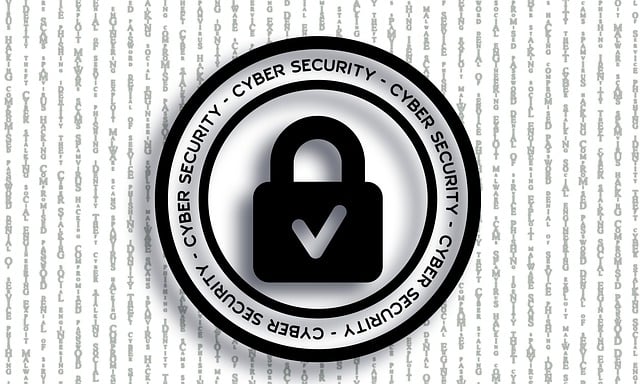Scam artists target students by creating fake rental listings with false amenities or low prices, pressuring quick decisions. Protect yourself by fact-checking every detail, being wary of too-good-to-be-true deals, and never sending personal info over unencrypted platforms without verifying the source. Use strong passwords, enable two-factor authentication, and verify suspicious requests by contacting landlords directly. Stay vigilant, leverage technology to recognize scams (like using databases and consumer protection communities), and understand your tenant rights and legal protections.
Navigating the rental market can be daunting, especially with the prevalence of online scams. This student guide is your weapon against rental fraud, equipping you with knowledge to recognize and avoid common patterns. We’ll delve into understanding these scams, from identifying red flags in listings to safeguarding your personal information. By leveraging technology and knowing your rights, you’ll become a savvy renter, minimizing risks and securing a safe living space. Let’s unravel the web of deception and empower ourselves through awareness—the first step to recognizing scams.
- Understanding Rental Scams: Recognizing Common Patterns
- Protecting Your Personal Information: Security Measures to Take
- Leverage Technology: Tools and Resources for Fraud Prevention
- Know Your Rights: Legal Aspects and Next Steps If Scammed
Understanding Rental Scams: Recognizing Common Patterns

Scam artists often target students looking for rentals, preying on their lack of experience and urgency to secure a place to live. By understanding common rental scams, you can protect yourself from becoming a victim. One of the most prevalent patterns involves fraudulent listings; scammers create fake ads online, boasting false amenities or significantly lower prices than market rates. They may also pressure tenants into quick decisions without allowing time for proper research and verification.
Recognizing these scams requires critical thinking and fact-checking. Always cross-reference details with the landlord directly through official channels, such as their verified email or phone number. Be wary of deals that seem too good to be true, and never wire money or provide personal information over unencrypted platforms without verifying the legitimacy of the rental source.
Protecting Your Personal Information: Security Measures to Take

Protecting your personal information is a crucial step in avoiding rental fraud. Scams often target sensitive data like your Social Security number, bank details, and identification documents. Always be cautious when sharing this information, especially online or over the phone. Use strong, unique passwords for all accounts and enable two-factor authentication where possible to add an extra layer of security. Be wary of emails or calls claiming to be from your landlord or property management asking for personal details; legitimate requests will usually come through secure channels and won’t demand immediate action or threaten consequences.
When signing contracts, read them thoroughly before agreeing to anything. If something seems suspicious or if you recognize potential scam signs, such as urgent demands, pressure to pay immediately, or unusual fees, don’t hesitate to verify with the landlord or management directly using contact information you’ve confirmed is legitimate. Remember, staying vigilant and protecting your personal data are key to safeguarding against rental fraud.
Leverage Technology: Tools and Resources for Fraud Prevention

Leveraging technology is a powerful way for students to stay ahead of rental fraud. Start by familiarizing yourself with various online tools designed to recognize scams. Many websites and apps offer resources to help you vet potential landlords and properties, checking for common red flags associated with fraudulent listings. These tools often include databases that allow users to search for reviews, complaints, or safety ratings related to specific addresses or individuals.
Additionally, stay informed about the latest trends in rental fraud through tech-driven news platforms and social media communities dedicated to consumer protection. Regularly updating your knowledge on these topics empowers you with the insight needed to spot and avoid scams. Remember, technology is a valuable ally in your quest for safe and legitimate housing options.
Know Your Rights: Legal Aspects and Next Steps If Scammed

Understanding your rights is a crucial step in avoiding and combating rental fraud. Familiarize yourself with the legal protections offered by tenant laws in your area. These laws are designed to safeguard your interests and provide recourse if you become a victim of fraudulent practices. When you recognize potential scams, such as unfair rent increases, false advertising, or non-existent properties, know that you have the power to take action.
If you do fall victim to rental fraud, the first step is to gather evidence. Document everything—from communication with the scammer to any financial transactions. Contact local law enforcement to report the crime and seek their guidance on the next steps. Many areas have specialized units dedicated to handling such cases, ensuring that your experience is taken seriously. Additionally, reach out to consumer protection agencies for assistance in resolving the issue and recovering any losses.
